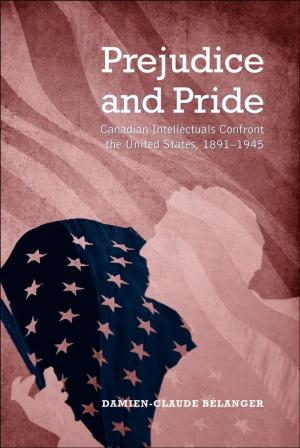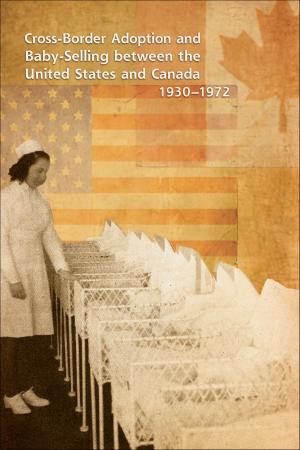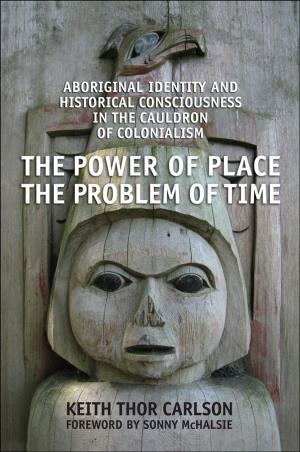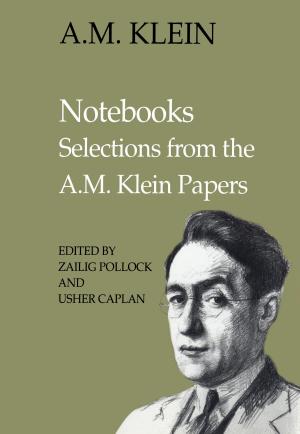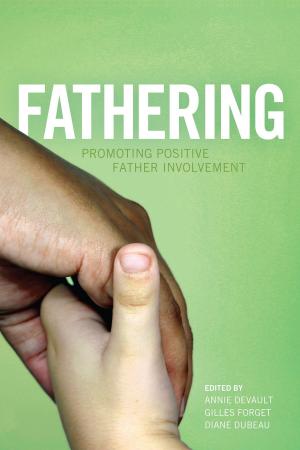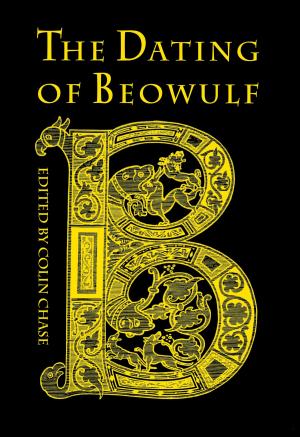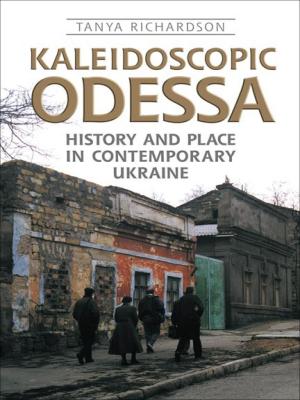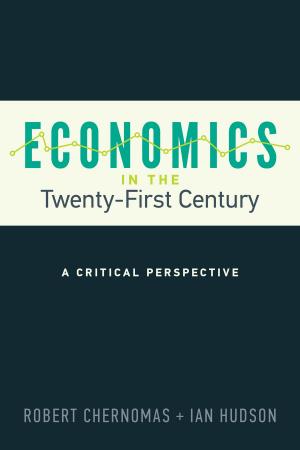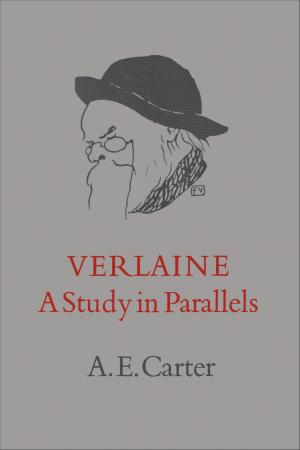Roots and Values in Canadian Lives
Nonfiction, History, Americas, Canada, Social & Cultural Studies, Political Science, International| Author: | Jean-Charles Falardeau | ISBN: | 9781487596811 |
| Publisher: | University of Toronto Press, Scholarly Publishing Division | Publication: | December 15, 1961 |
| Imprint: | Language: | English |
| Author: | Jean-Charles Falardeau |
| ISBN: | 9781487596811 |
| Publisher: | University of Toronto Press, Scholarly Publishing Division |
| Publication: | December 15, 1961 |
| Imprint: | |
| Language: | English |
This thought-provoking volume, which represents a re-shaping of the Plaunt Lectures delivered at Carleton University, 1960, offers impressions of the art of living in Canada by one who has been deeply concerned with the relationships between our two cultures. The purpose of the author is to stimulate reflection on the genesis and the contemporary status of Canada as a bi-cultural nation. His own method in the book is also that of reflection, rather than didactic exposition. He takes up the manifestations of our two cultures in our two literatures, describes his own experience of living personally and professionally with members of both groups, and goes on to analyse what contribution Canadian universities might make to greater understanding of our biculturalism. It is in the university setting that the author sees hope of a new humanism, thanks particularly to the vision of the world offered by the social sciences; it, he feels, will enable us to see both aspects of our country fully and harmoniously and grasp its responsibility as a unified nation to the rest of the world.
Canada, says the author, is not a datum but a construct; it is a becoming. It has been and remains the result of constant compromise. Patterns and objectives have to be constantly redefined and improvised, with both parties in our dualism collaborating to create a well-tempered, yet positive national life.
This thought-provoking volume, which represents a re-shaping of the Plaunt Lectures delivered at Carleton University, 1960, offers impressions of the art of living in Canada by one who has been deeply concerned with the relationships between our two cultures. The purpose of the author is to stimulate reflection on the genesis and the contemporary status of Canada as a bi-cultural nation. His own method in the book is also that of reflection, rather than didactic exposition. He takes up the manifestations of our two cultures in our two literatures, describes his own experience of living personally and professionally with members of both groups, and goes on to analyse what contribution Canadian universities might make to greater understanding of our biculturalism. It is in the university setting that the author sees hope of a new humanism, thanks particularly to the vision of the world offered by the social sciences; it, he feels, will enable us to see both aspects of our country fully and harmoniously and grasp its responsibility as a unified nation to the rest of the world.
Canada, says the author, is not a datum but a construct; it is a becoming. It has been and remains the result of constant compromise. Patterns and objectives have to be constantly redefined and improvised, with both parties in our dualism collaborating to create a well-tempered, yet positive national life.

